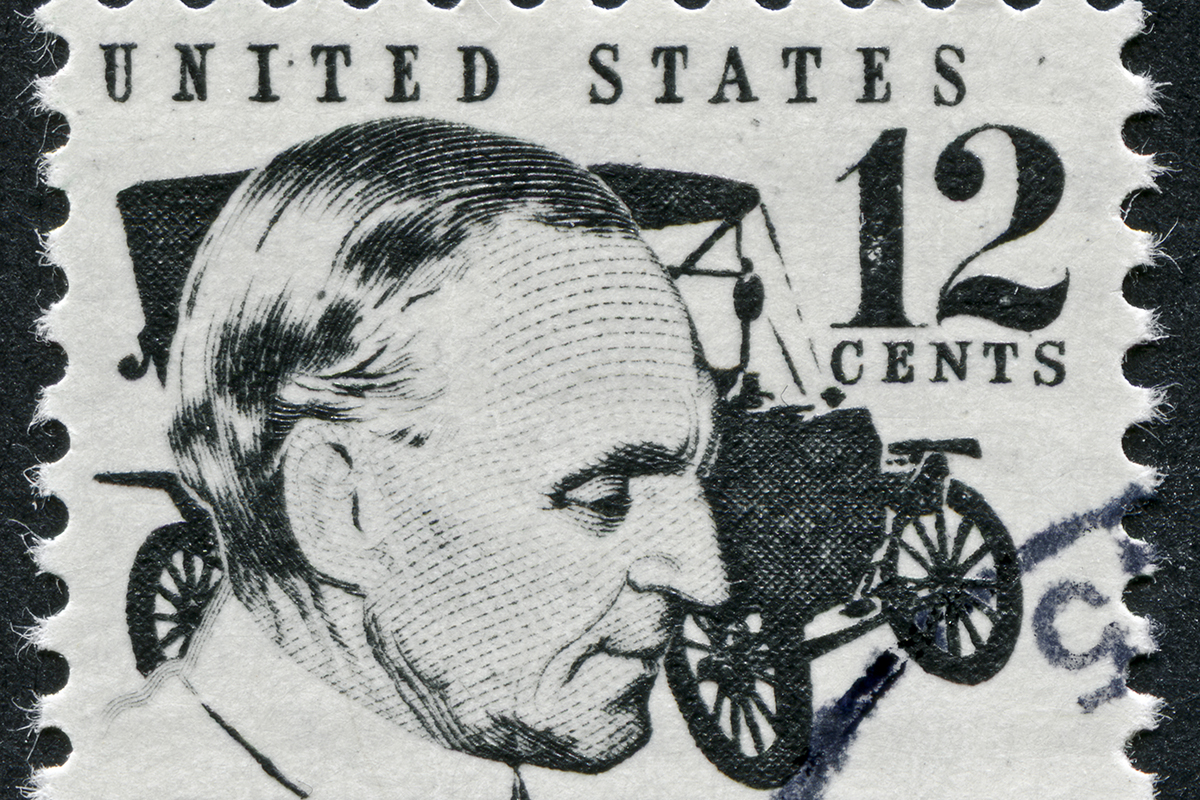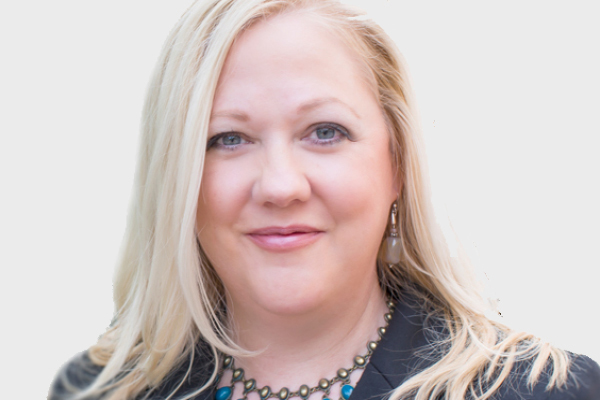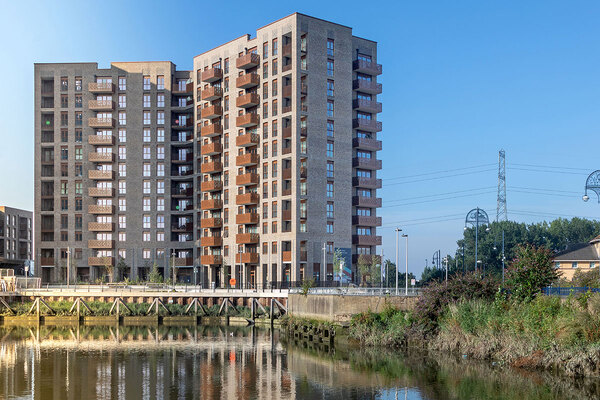You are viewing 1 of your 1 free articles
It is important to strike a balance on customer involvement
Customer panels can play a key role, but there are dangers in relying on them too heavily, warns Philippa Jones
“If I had asked people what they wanted, they would have said faster horses” is the famous quote attributed to American businessman Henry Ford.
It’s an interesting maxim and particularly pertinent when talking about how we refine customer involvement. Mr Ford’s customers might have asked for faster horses, but they were delighted to be offered the Ford Mode T.
Brands like Coca-Cola have learned the hard way when relying solely on one type of customer feedback, with the unsuccessful launch of their ‘New Coke’ brand in 1985 being a prime example. And yet, they had listened to their customers – almost 200,000 of them in fact.
The drinks brand came unstuck because the entirety of their customer involvement had come in the form of blind taste tests, which involved sipping drink samples in an unnatural, lab-style environment.
Put in that intense environment, customers behaved entirely differently to how they did in the marketplace.
People still use the Coca-Cola example more than three decades on and it does raise a fascinating question: that perhaps the issue isn’t about listening to customers, but how you listen to them?
To fully understand what customers want, and how that will impact and shape operational improvements, I think we need to take a far more bottom-up, holistic and all-encompassing approach.
Without question, customer panels play a key role in shaping the way we do things and indeed our own Customer and Communities Network (CCN) is testament to this and has an important function within the business.
“I think we need to take a far more bottom-up, holistic and all-encompassing approach.”
However, like with everything in life, it’s all about balance; and relying too heavily on what customer forums and assemblies tell us – and shaping services around a relatively small number of them – has the potential to lead us down an unintended path.
Critics could fairly argue that focus groups and panels are artificial compared to the lived experiences of customers in their day-to-day lives.
In a post-Grenfell world the need to have the right kind of relationship – one that comes from a place of trust – has proven to be more important than ever. The question is: how do we best achieve that?
Our strategy has shifted towards seeking to engage with all our customers – so not only do we have a customer forum (the CCN) but we also learn from the 8,000 pieces of feedback we collect each year, as well as themes picked up by our complaints service and of course through social media.
Through all of these different touchpoints involving colleagues in various teams, we work 365 days a year towards having the right relationship with them – and we are the first to admit that in years gone by we haven’t known our customers as well as we should have.
Perhaps our greatest customer feedback ambassadors, though, are our new neighbourhood coaches, as they use their smaller patches to pick up feedback, opinions and suggestions on a daily basis while out in their communities.
Mass engagement underpinned by CCN is how we think we can capitalise on customer engagement to shape and evolve our business for their benefit, rather than being dependent on something that could be too rigid and limiting.
Though we have a long way to go, we are increasingly trying to involve customers in helping us shape practical solutions through tests and pilots.
A recent example was our Starting Well Engineer pilot, which sought to coach new customers in how to complete some basic repairs and maintenance around the home – things like bleeding radiators and fixing cupboard hinges.
This stemmed from customers telling us they were open to taking on more responsibility for simple DIY fixes, but lacked the tools and the confidence to be able to.
“What a group of customers says they’d like won’t necessarily be the best way to give them the outcome they really want.”
In participating in pilots we wanted customers to tell us how the proposed solution to the problem was working, rather than to simply tell us there was a problem in the first place.
Our customers tell us they’re happy with our approach – but what works well for one organisation and its customers may not be the answer for another. And what works well at one time may not be right forever.
That’s why it’s helpful to keep finding out how others are doing it, looking for continual learning both from within and outside the housing sector as our organisations and our customers change.
And always remembering, of course, the faster horses conundrum – that what a group of customers says they’d like won’t necessarily be the best way to give them the outcome they really want.
Philippa Jones, chief executive, Bromford











